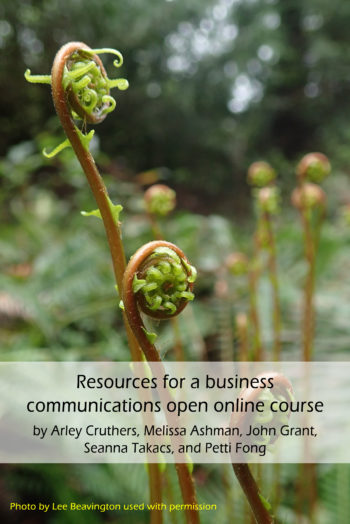Blog essential questions
Shortly after writing my recent post on discussion-based learning I came across a book by Jay McTighe and Grant Wiggins (2013) titled Essential Questions – Opening doors for student understanding. Asking questions is something most teachers do, however have we seriously considered how the quality of the questions impacts the quality of the response? Reflecting on my earlier experiences facilitating online discussion, and my frustration and disappointment with the dialogue. If your experiences resemble mine and you want strategies for asking better questions, the insights in this book will be helpful for you.
McTighe and Wiggins (2013) suggest a term they call “essential questions”. The purpose of these questions is to promote curiosity, further questioning and deeper learning. These questions should be provocative and generative, requiring students to think deeply and articulate those thoughts to others. They may also be asked repeatedly and have different outcomes and perspectives. So how will we know if we’re writing good questions? The book suggests the following elements as characteristics of good questions
- Open ended
- Thought provoking
- Require higher order thinking
- Point toward transferable ideas
- Raise further questions
- Require justification not just an answer
- Recur over time
With this type of question, we create opportunities for learners to deepen their understanding of the big ideas and key concepts in a particular discipline or area of knowledge. The term essential is defined as foundational, vital, and necessary. It seems to me when I consider this notion of essential questions, that this is exactly the guidance or strategy that I was seeking to prepare online discussion forum questions. A few examples of these “big questions”- McTighe and Wiggins (2013)
Why do people abuse their power over others?
- How do our economic or political choices affect others?
- What responsibilities do we have to others in the world?
- What information should we trust? How do we know what to believe?
- How is understanding the past relevant to our work or the future?
- How does art shape or reflect a culture?
- How does what we measure influence how we measure?
- How are structure and function related in living things?
Now, that’s not to say all questions in education should be “essential questions”, other types of questions have purpose as well. McTighe and Wiggins (2013) point out that leading questions point students toward facts, they are for recall and have a correct response. Guiding questions are broader, they point towards desired knowledge or skills but may have more than one answer and are used to encourage exploration of a topic. Questions that hook are used to spark interest imagination and wonder, often at the beginning of the unit.
Education is not just about learning the answer rather it’s about developing skills to think, question and continually grow as an individual. The use of essential questions stimulates on-going thinking, inquiry, debate and the answers may change as understanding deepens. In addition to being a fabulous tool for teachers, this type of question provide curriculum relevance for students, helping them link key concepts to course and program outcomes and future real-world scenarios. The questions themselves model metacognition and learning skills and create opportunities for interdisciplinary connections.
For more on designing and using essential questions in your course design- I recommend this easy to read, short book.
Resource
McTighe, J and Wiggins, G (2013). Essential Questions- Opening doors to student understanding. ASCD Publishing: Alexandria,VA
Leeann leads the Learning Technology and Educational Consultant teams in their efforts to support innovation in teaching and learning at KPU. Leeann oversees and advances existing KPU supported educational technologies and tools to align with institutional values and current best practices. Previously an experienced faculty member, Leeann holds a Post Masters Certificate in Curriculum Design and is a doctoral candidate in the Distance Education EdD at Athabasca University. Leeann is an advocate for the culture of folio thinking pedagogy and its potential to revolutionize KPU's learning landscape.




